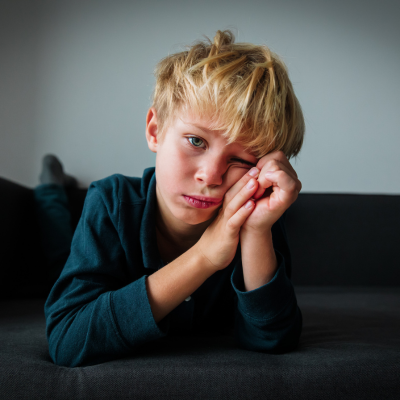HIPS Child Sexual Abuse Response Pathway Launch
Date & Time:
Tell me about future dates of this event
Venue:
Detail:
Why is this important?
One in ten children in England and Wales will experience some form of child sexual abuse before the age of 16, yet most of this abuse is currently not identified or responded to. While surveys indicate that sexual abuse is as common as other forms of childhood abuse, it is much less likely to be identified by professionals.
Those working with children need a clear understanding of the specific actions and processes they should follow when they have concerns of child sexual abuse. To support professionals in this, the Centres for Expertise on Child Sexual Abuse (CSA Centre) has created the Child Sexual Abuse Response Pathway (Response Pathway), an interactive online resource to guide them through how they can protect and support children and their families when there are concerns of sexual abuse. This is now part of the HIPS Child Sexual Abuse toolkit.
This webinar will help professionals learn how to start using the Child Sexual Abuse Response Pathway | CSA Centre in practice, and empower them to understand the role they, and their colleagues, can play to best protect and support children. The session gives advice and examples of how to use the Response Pathway and explains how it supports professionals to meet the needs of children and their families.
Who is this webinar for?
This webinar is for any professional whose role may involve contact with children, including those in social care, health (primary care, mental health, accident and emergency, midwifery, health visiting, sexual health), police, adoption services, fostering services, schools and any other relevant services. It is relevant for both frontline staff, and those in strategic leadership roles.
|
Following the webinar, you can expect to have:
|
 |
Who will run the webinar?
This webinar is facilitated by the HIPS LSCPs in partnership with a member of CSA Centre team who was involved in creating the Response Pathway. They have worked closely with other safeguarding partnerships to support its implementation in practice and have significant experience in working with children and families where sexual abuse is a concern.
